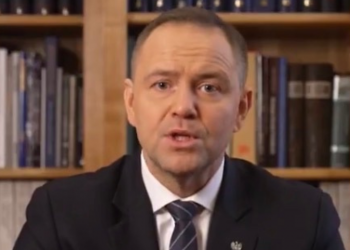The European Commission is advancing a radical proposal that would allow children of any age to legally choose their gender—without medical assessment, psychological evaluation, or age minimums. Under the draft LGBTIQ+ Equality Strategy 2026–2030, the Commission would push for “self-determination” models that eliminate all age limits for gender recognition.
Specifically, the proposal would strip away requirements that minors prove they have undergone treatment or diagnostic review before changing their legal sex. Even more alarmingly, it suggests banning “talking therapy” aimed at helping children explore doubts about gender identity. The Commission would also pressure reluctant member states by threatening to withhold EU funds from regions that resist compliance.
Currently, only 9 of the 27 EU nations allow gender self-identification without medical input. Others mandate doctors’ letters, psychological reports, or minimum ages. Brussels aims to bypass national sovereignty and impose a one-size-fits-all gender ideology across the continent.
Women’s rights advocates and legal scholars have sounded the alarm. They argue this shift erases important sex-based protections, undermines safeguards for children, and concentrates ideological power in unelected bureaucracies.
Though currently nonbinding, the proposed policy looms as a template for future enforcement. If approved by member governments, it could fundamentally reshape national laws governing identity, childhood, and bodily autonomy—unmooring them from medical and ethical constraints.




















Discussion about this post